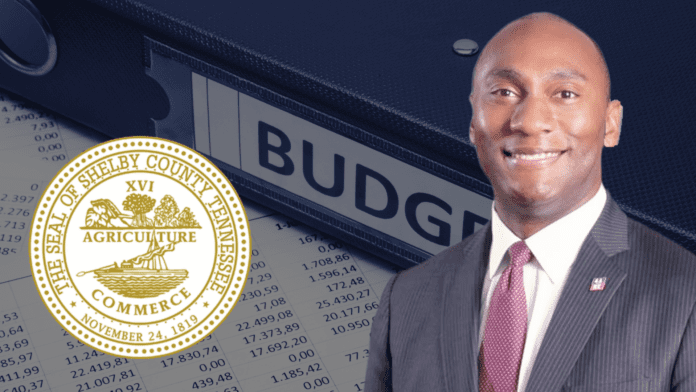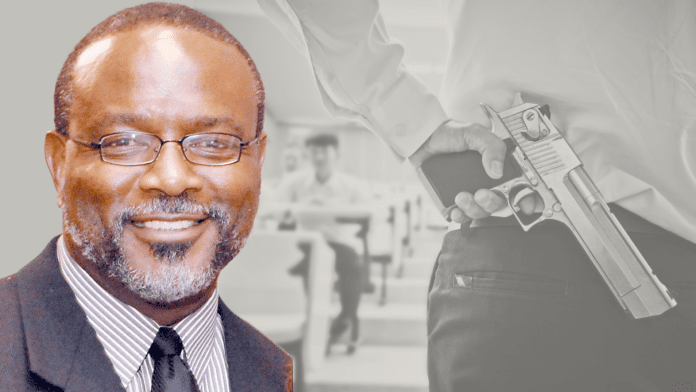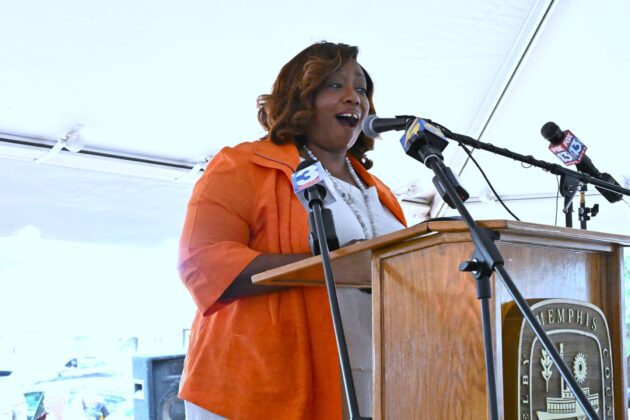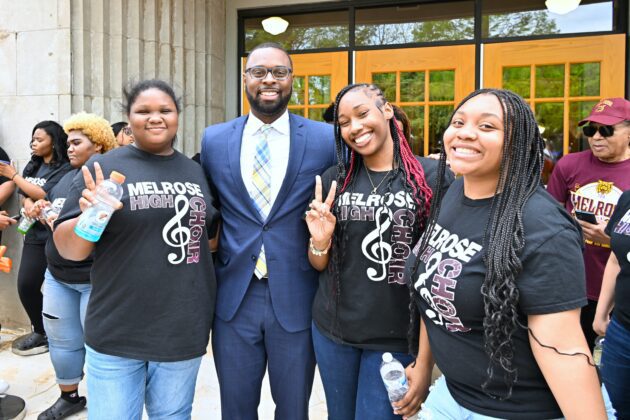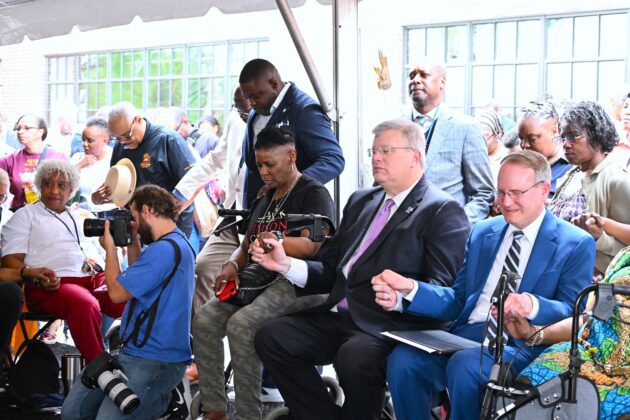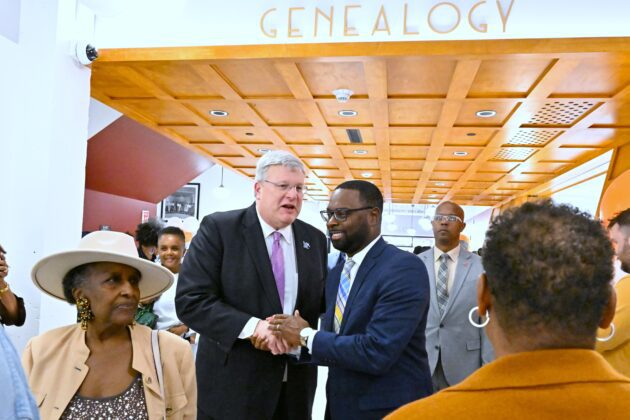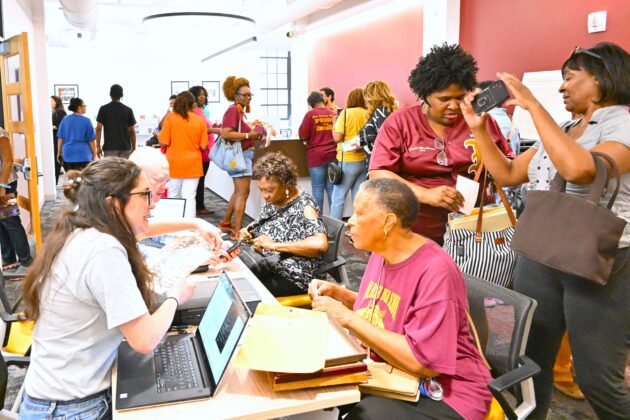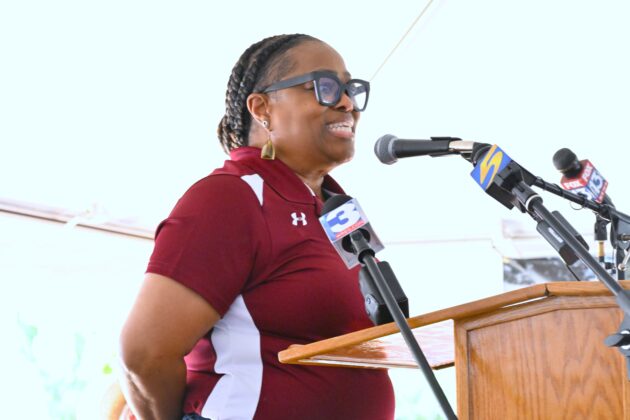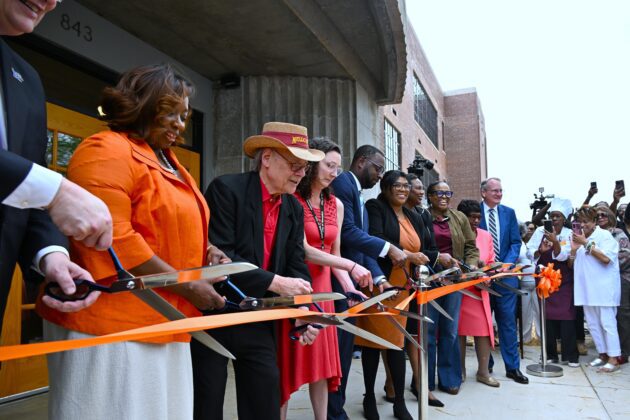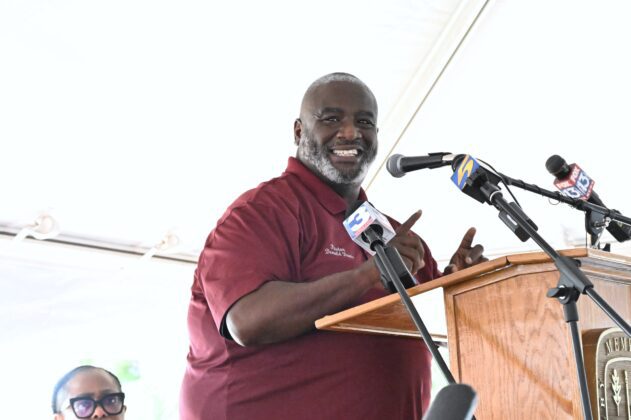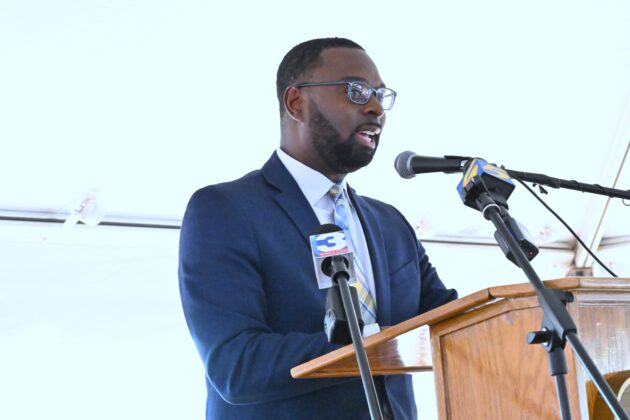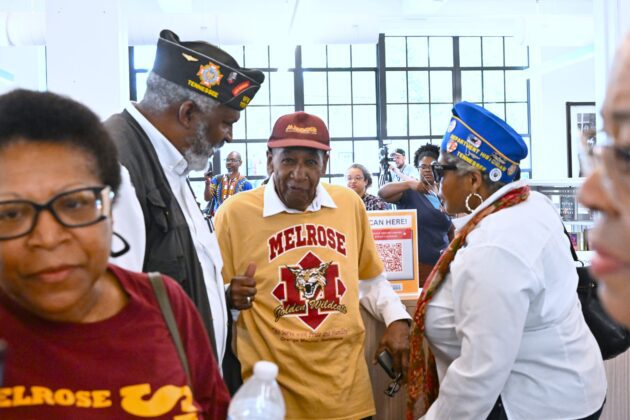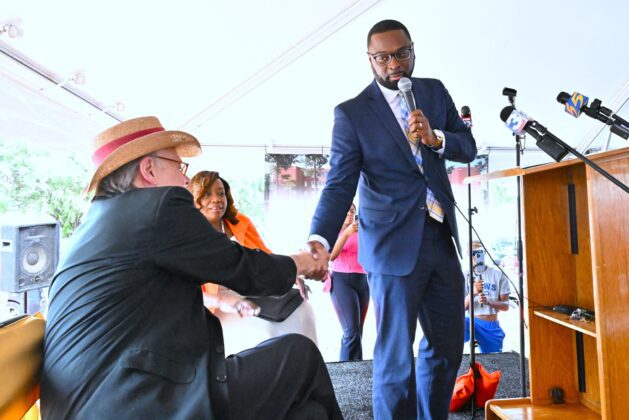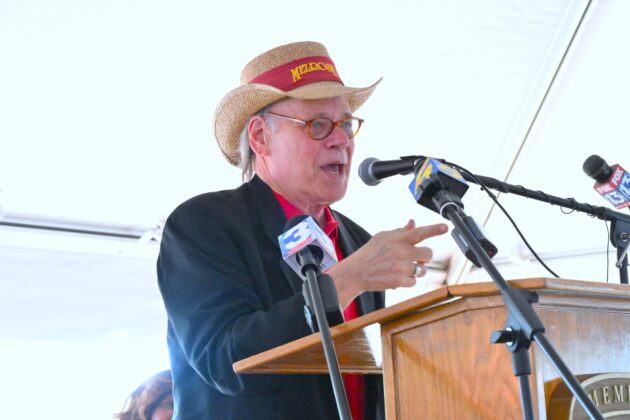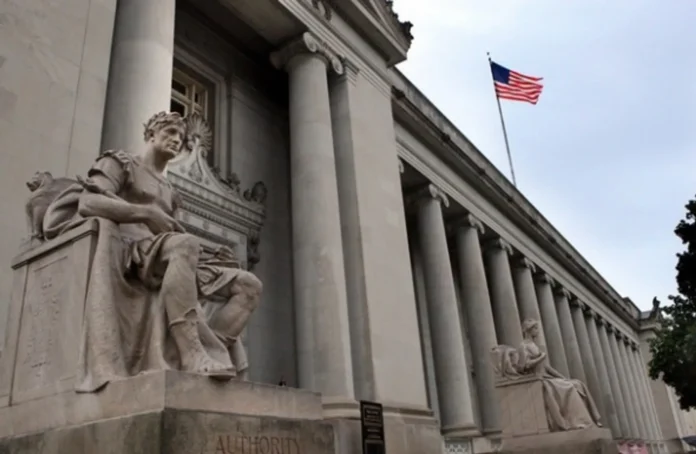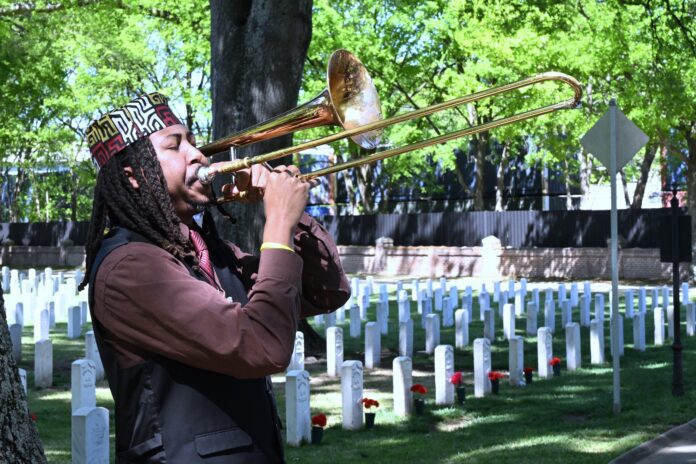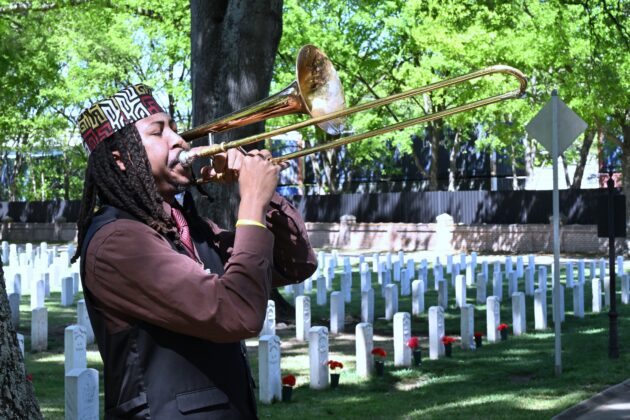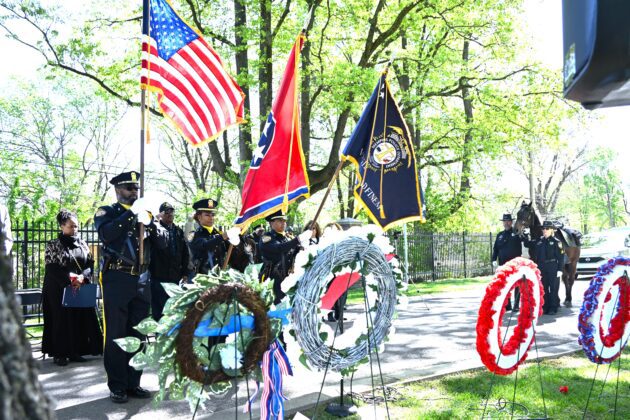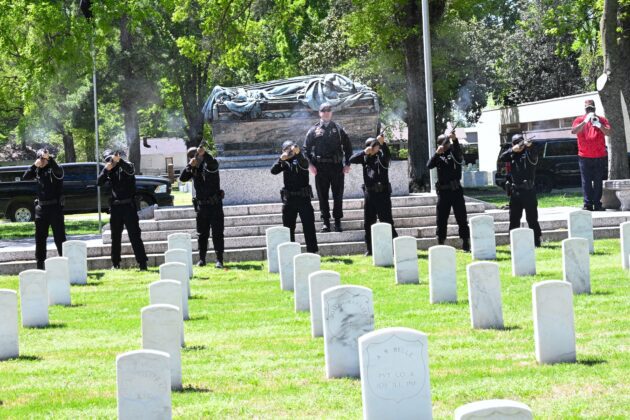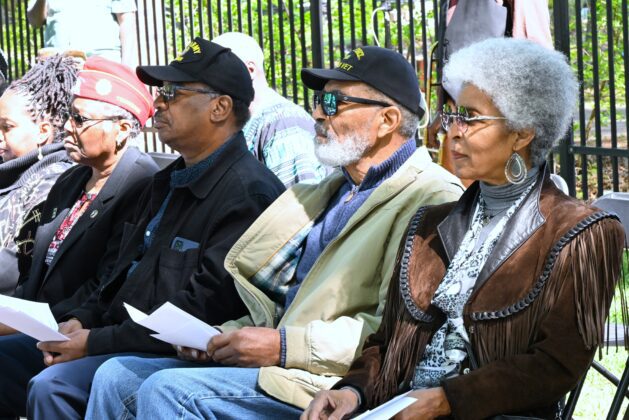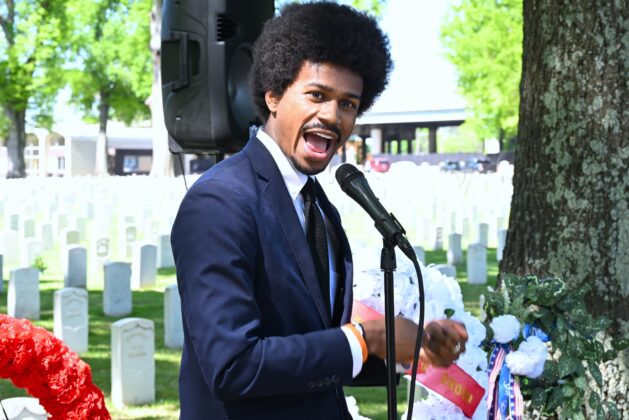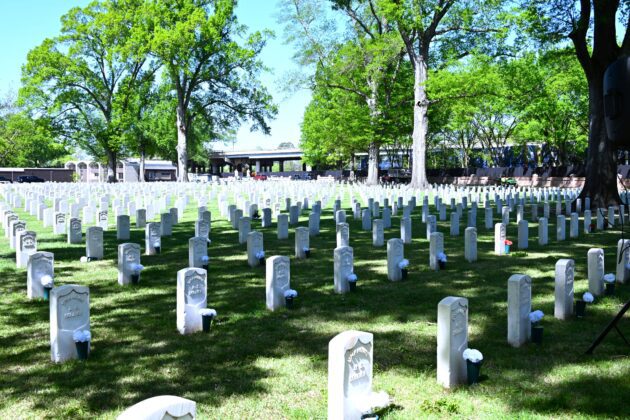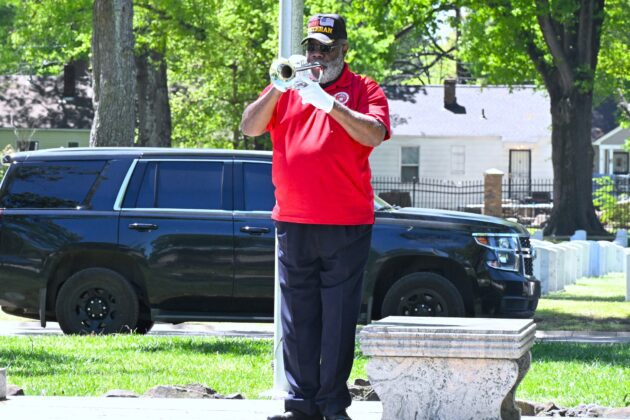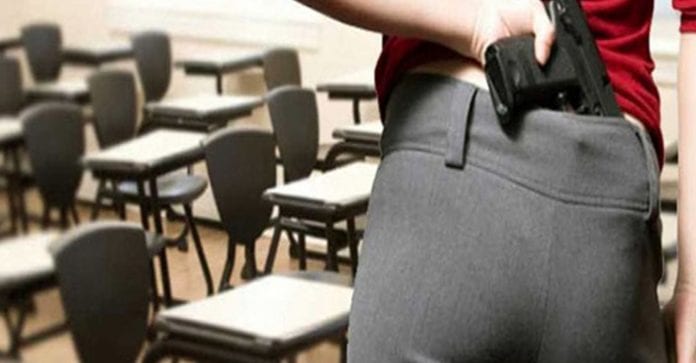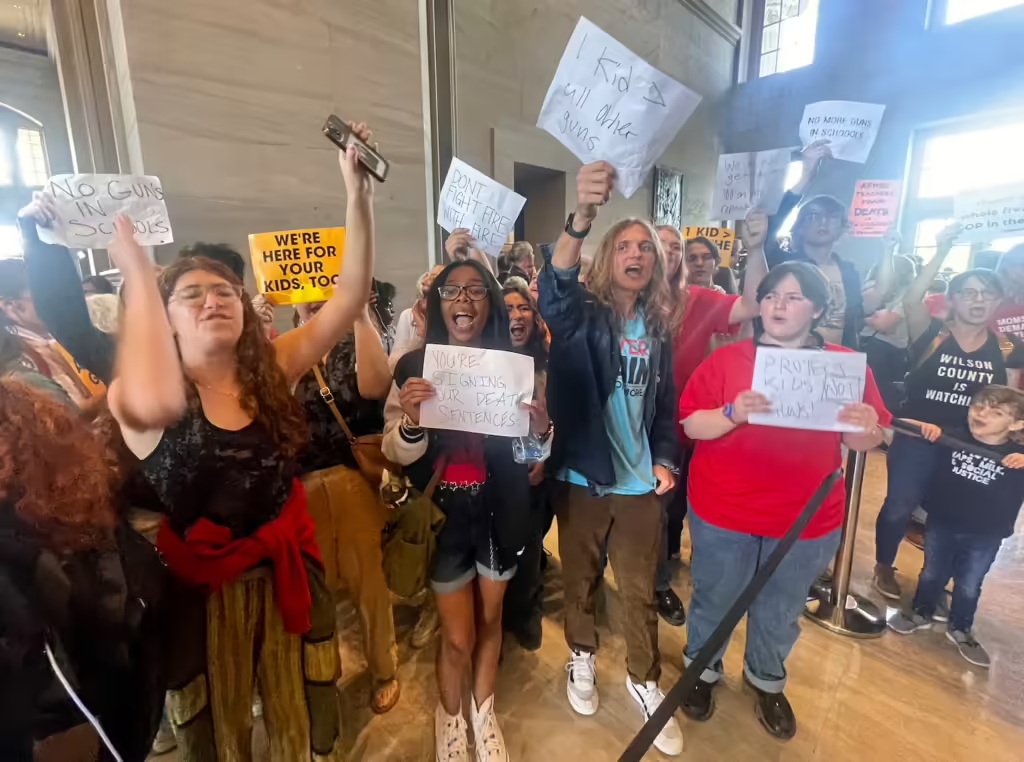Last week, the Tennessee legislature, both House and Senate, along with Governor Bill Lee, signed into law HB 1158, allowing teachers to carry firearms in schools. The bill would permit teachers and staff, after completing 40 hours of training, to carry guns on public school campuses.
Tennessee will now join a handful of other states that allow teachers, under certain stances, to carry firearms in schools.
The bill has been controversial, with supporters arguing that it will improve school safety and allow teachers to defend themselves and their students in the event of a school shooting.
Opponents, including many teachers and education groups, have expressed concerns about the safety risks, potential for accidents, and the psychological impact of having guns in the classroom.
Over the years, public schools have undergone a significant evolution in their approach to school safety, prompted by tragic events and an increasing awareness of the need for comprehensive security measures.
From once primarily focusing on fire drills and basic physical safety, schools now employ a multifaceted approach that includes measures such as security personnel, surveillance systems, controlled access points, and active shooter drills. Additionally, there’s a heightened emphasis on mental health support and interventions to prevent violence before it occurs.
All of the security measures mentioned here have blended nicely with school environments, and, for the most part, school leaders, parents, and the general public have supported these measures.
Now, however, we seem to be taking the issue of school safety a bit too far, if that’s possible.
I am vehemently opposed to arming classroom teachers with firearms. My distaste for it stems from a fundamental belief that schools should be a place of learning, growth, and safety, not a place of fear, violence, and armed personnel.
While everyone wants to keep students safe, many believe that introducing guns into the classroom is the wrong approach and that there are better, more effective ways to address school safety concerns.
Even in states where it is legal, many school districts choose not to allow teachers to carry guns, and the practice remains controversial and not widely adopted.
As of today, at least ten states have laws that allow school employees, including teachers, under certain conditions to carry firearms on school grounds. However, the specifics of these laws and the extent to which they are implemented vary widely.
It’s important to note that these states typically require teachers who wish to carry firearms to undergo specialized training, obtain a concealed carry permit, and meet other state or school district requirements. Some states, such as Ohio and Montana, leave the decision to allow armed teachers up to individual school districts.
The idea, however, of arming teachers in schools is deeply unsettling to many people because it fundamentally changes the nature and purpose of the educational environment.
Schools are meant to be safe havens for growth, learning, and nurturing young minds, not places where educators are tasked with the heavy responsibility of potentially using lethal force to protect themselves and their children.
The presence of guns in the classroom, even in the hands of trained teachers, can create an atmosphere of fear, mistrust, and violence that is antithetical to the goals of education. It shifts the focus away from learning and personal development and instead places an emphasis on security and the potential for armed confrontation.
Not only that, but arming teachers also raises significant concerns about unintended consequences and the potential for tragedy. Even with training, there is always the risk of accidents, mishandling of firearms, or guns falling into the wrong hands. The thought of a student gaining access to a teacher’s gun, or a firearm being discharged unintentionally in a classroom is deeply distressing.
Arming teachers is yet another example of our utter failure as a society to protect the innocence of our children.
What have we become?
The fact that we are even considering arming teachers as a solution to school violence is a sobering reflection of the current state of our society and the challenges we face in ensuring the safety and well-being of our children. It highlights the need for a deeper, more nuanced conversation about school safety that goes beyond reactionary measures and addresses the root causes of violence.
Ultimately, the decision to arm teachers is a deeply personal and divisive issue that elicits strong emotions on both sides.
In a very profound way, the fact that we are even having this discussion as a society speaks to the deep-seated fears, anxieties, and challenges we face in ensuring the safety of our children and communities. It is not a reflection we can take lightly but rather one that compels us to work together with empathy, reason, and resolve to find a better path forward.
I’m having trouble imagining, as a school leader, seeing one of my math teachers standing in front of the classroom strapped with a 45-caliber pistol around his waist, teaching a lesson on Pythagorean theory.
Let the record show I am passionately against arming teachers in our children’s classrooms. We must stop and think carefully about what we are doing; there are too many other plausible solutions to this problem.



 This event will feature a keynote speech from Dr. Vikki Johnson, a renowned Life Strategist, Washington, DC Radio Talk Show Host, and Founder of Soul Wealth Academy. Dr. Johnson will share strategies and insights that encourage attendees to unlock their full potential and embrace the rich possibilities of their later years.
This event will feature a keynote speech from Dr. Vikki Johnson, a renowned Life Strategist, Washington, DC Radio Talk Show Host, and Founder of Soul Wealth Academy. Dr. Johnson will share strategies and insights that encourage attendees to unlock their full potential and embrace the rich possibilities of their later years.